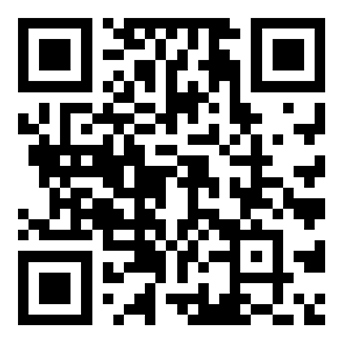"Inspection" is a technical supervision measure implemented by the state for the production and use of special equipment (including elevators), which is mandatory and administrative.
"Testing" refers to the inspection and testing of special equipment produced, operated, and used by enterprises themselves or commissioned professional institutions, which is a market behavior without administrative significance. Qualified inspection is essentially a basic condition for registering or maintaining registration of special equipment such as elevators.
The difference between elevator inspection and testing
1. Inspection
Inspection can also be divided into two types: supervised inspection and regular inspection. Inspection has administrative nature and is a non market behavior.
Inspect public welfare institutions established by government agencies in accordance with the law.
2. Detection
Testing can be divided into two types: self testing and commissioned third-party testing, which are market behaviors independently chosen by enterprises.
Testing institutions can be third-party testing institutions that provide testing services for the production, operation, and use of special equipment.
The difference between elevator safety inspection and elevator supervision inspection
Defined differently
The former is a supervisory tool of the elevator administrative supervision and management department; The latter is a prerequisite for administrative supervision departments to accept permits.
Different implementation methods
There is currently no unified standard for the former, and each administrative supervision department is responsible for independently controlling the inspection content. The latter has a unified national technical standard, and each inspection agency must test the elevator according to a unified inspection method and judgment conditions.
Differences in implementing entities
The former is usually related personnel from the administrative supervision department of special equipment; The latter is a technical testing institution recognized by the national administrative supervision department.
Implementation time and object differences
The former has irregular implementation and uncertain inspection objects; The latter shall be tested according to the time limit stipulated by relevant national laws and regulations, and all elevator users shall be tested before and every year.
Firstly, the entities engaged in inspection and testing are different.
The inspection work is carried out by a public inspection institution under the supervision department of special equipment. And those engaged in testing activities can be the user themselves or third-party testing companies with corresponding qualifications. The Special Equipment Safety Law clarifies that both supervision and regular inspections have administrative compulsion, which is a legal constraint on non market behavior inspection institutions. As a market behavior, testing is the result of voluntary negotiation between supply and demand parties.
Secondly, the charging basis varies.
Article 99 of the Special Equipment Safety Law stipulates that the fees for administrative licensing and inspection of special equipment shall be implemented in accordance with the provisions of laws and administrative regulations. It is clear here that the fees for administrative licensing and inspection are administrative and institutional fees, respectively. The fee standard for testing behavior mentioned in Article 56 states that "the cost of elevator testing shall be voluntarily negotiated between the commissioning party and the unit responsible for testing", which belongs to market behavior.
Thirdly, the focus of inspection and testing is different.
Inspection focuses on technical supervision and emphasizes "conformity". It not only provides results but also compares them with specified requirements to make a judgment on whether they are qualified or not. Detection, on the other hand, is a technical evaluation that involves conducting technical activities on a given object in accordance with prescribed procedures. There is no clear requirement to determine whether it is qualified or not, only the evaluation results need to be provided.
Next article:State Council: Accelerate the update of old residential elevators that do not meet current product standards and have high safety risks







